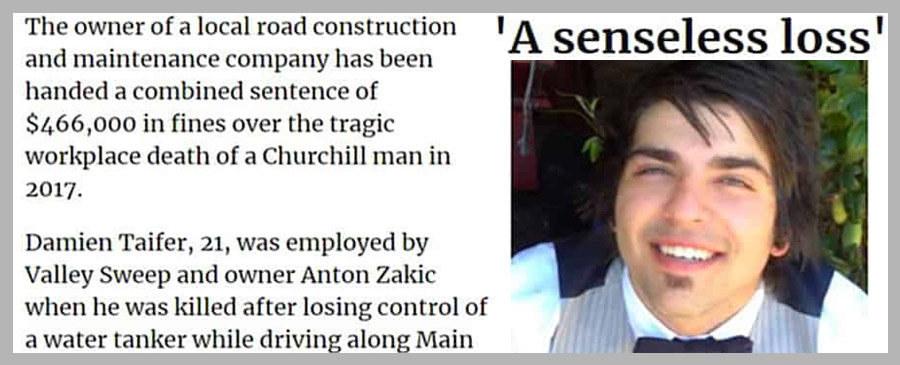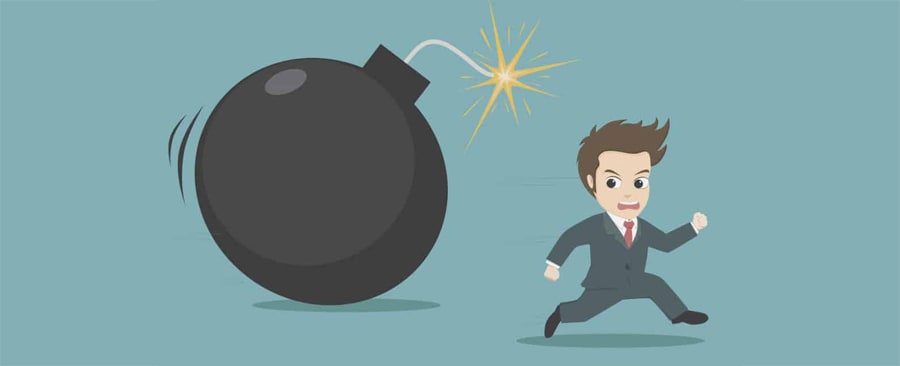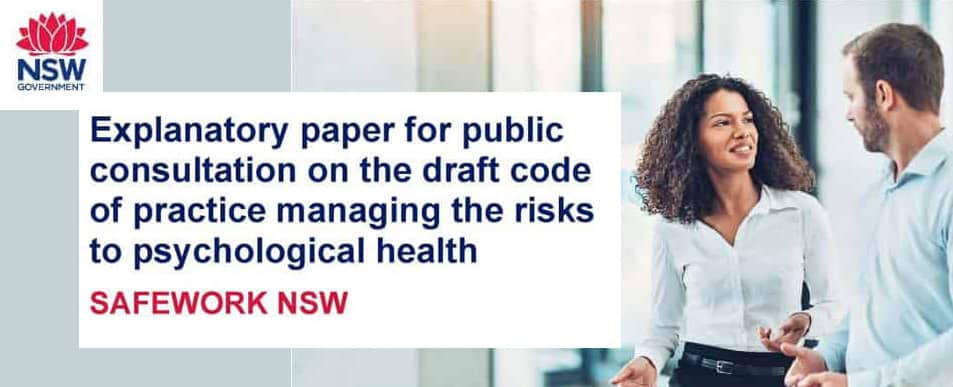Well before the push for Industrial Manslaughter laws was the occupational health and safety (OHS) offence of “reckless conduct”. A media report from the LaTrobe Valley Express recently showed how one employer’s neglect of basic safety practices and processes resulted in the death on 21-year-old Damien Taifer.
Category: Duty of Care
What the judge said about Dreamworld, other than the penalty
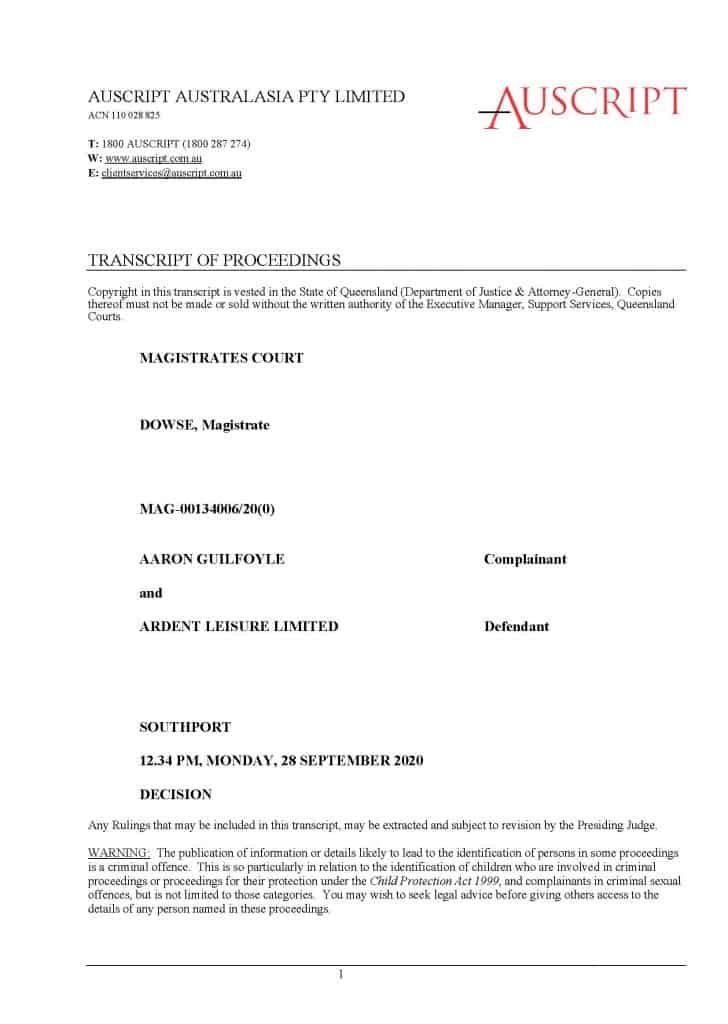
Some readers raised eyebrows on the article titled “No lessons in the Dreamworld penalty” but the point was that the occupational health and safety (OHS) due diligence and governance lessons were there months ago following the Coroner’s damning findings.
Most of the media’s attention has been on the record size of the financial penalty but looking at Judge Dowse’s decision in the case provides a better understanding of that penalty, the breaches of the safety legislation and the opinions of the judge.
Hoists and petards
Many on the Conservative side of Australian politics want to see Daniel Andrews, the Victorian Premier, fall, especially over the use of security guards in hotels used to quarantine returning travellers who may have had COVID19. Some of Andrews’ critics are being mischievous by linking the Industrial Manslaughter laws that his government introduced to his, and his Ministers’, accountability for COVID19 deaths linked to the hotels. The latest is Tasmanian Senator Eric Abetz in Federal Parliament.
Work-related mental health remains contentious
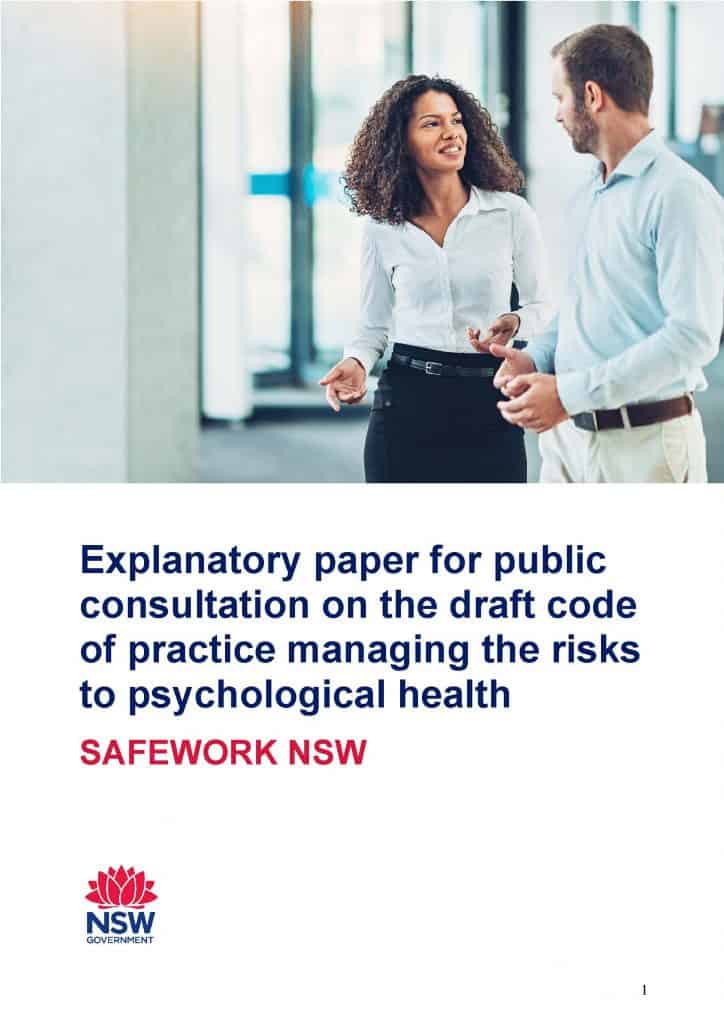
This article is about SafeWorkNSW’s recently released Draft Code of Practice for Managing the Risks to Psychological Health, but it is not going to focus on the Code. Instead the focus will be on the supplementary Explanatory Paper because this presents the rationale for the Code’s contents and, in many ways, is a more useful tool for occupational health and safety (OHS) discussions. However, just as the Code has structural and legislative limitations as part of its Purpose, the Explanatory Paper is a support document for submissions on the Draft Code and therefore has its own limitations.
OHS prosecution request over COVID19 sent to WorkSafe
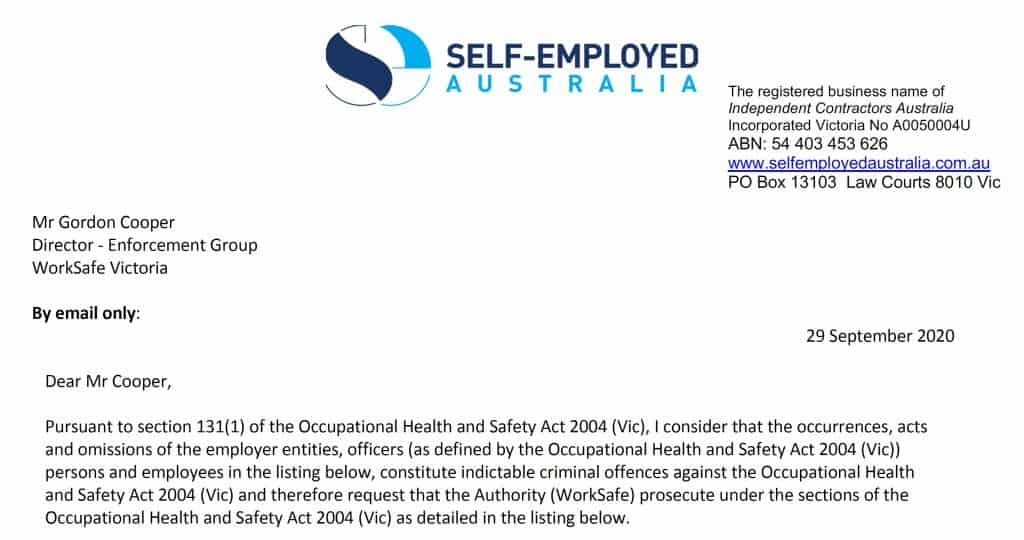
The Australian newspaper is notoriously supportive of the conservative side of Australian politics, so it is little surprise that one of its business journalists, Robert Gottliebsen, is maintaining his advocacy for Industrial Manslaughter and occupational health and safety (OHS) prosecutions over COVID19-related infections, echoing many of the desires of Ken Phillips, the head of Self-Employed Australian and Independent Contractors Australia.
Phillips wrote to WorkSafe Victoria on September 9, 2020 demanding a prosecution by WorkSafe Victoria of a swathe of Victorian government Ministers, public servants, police, as well as
“All members of the management team known as the State Control Centre………….”!
Premier Andrews and Industrial Manslaughter becoming a conspiracy

The pursuit of Victorian Premier Daniel Andrews for Industrial Manslaughter (IM) over the spreading of COVID19 from quarantine hotels is developing into a conspiracy if a recent interview with Federal politician, Barnaby Joyce, is any indication.
Previous SafetyAtWorkBlog articles have discussed the opinions on Andrews and Industrial Manslaughter espoused by journalist Robert Gotttleibsen and Ken Phillips. On television on September 28, 2020, breakfast television’s Sunrise program interview the National Party’s Joyce and the Australian Labor Party’s, Joel Fitzgibbon. Host, David Koch, asked Joyce about the resignation of Victoria’s Health Minister Jenny Mikakos over the Hotel Quarantine issues, and Joyce floridly replied:
A wicked start to a virtual safety conference

Recently the Australian Institute of Health and Safety (AIHS) conducted an online conference under the title SafeFest. The intention was to challenge the established orthodoxy of workplace health and safety. One of the conference’s first speakers was David Whitefield talking about safety as a “wicked problem”. It is a perspective that occupational health and safety (OHS) professionals have heard before but it is one that is an important reminder.

